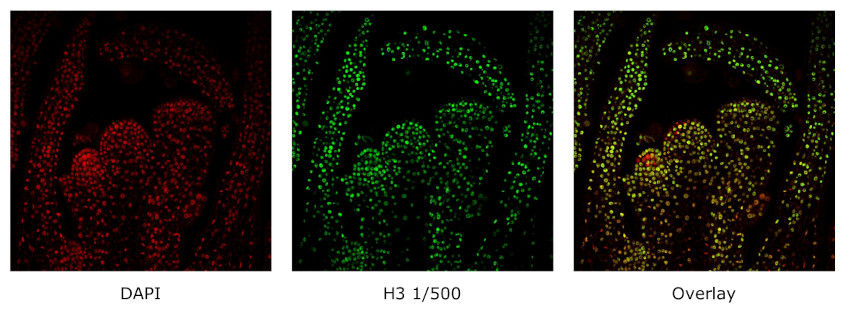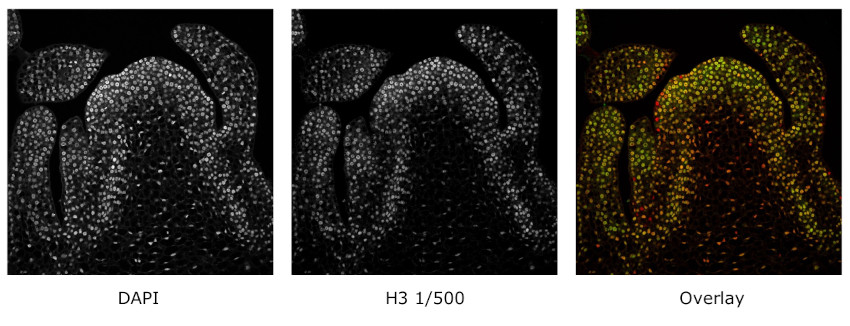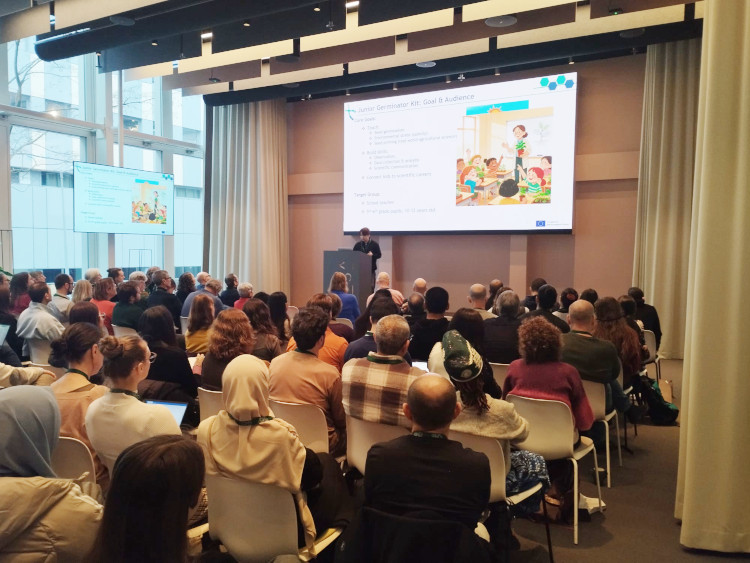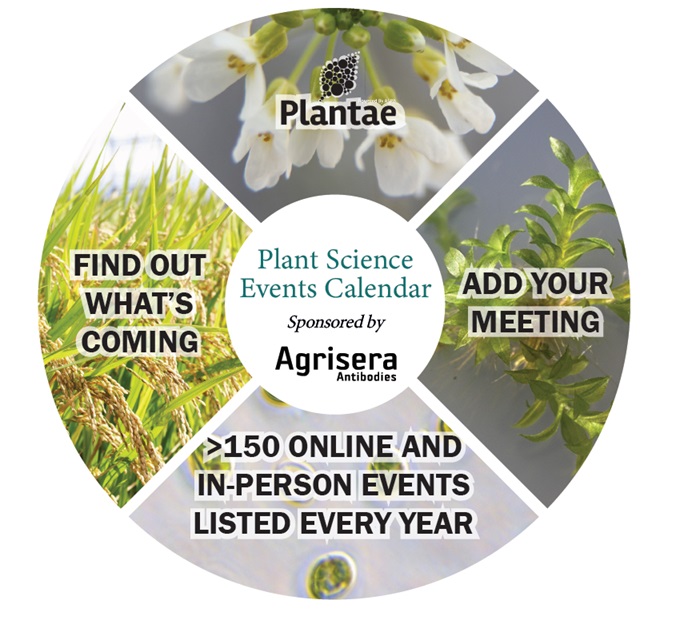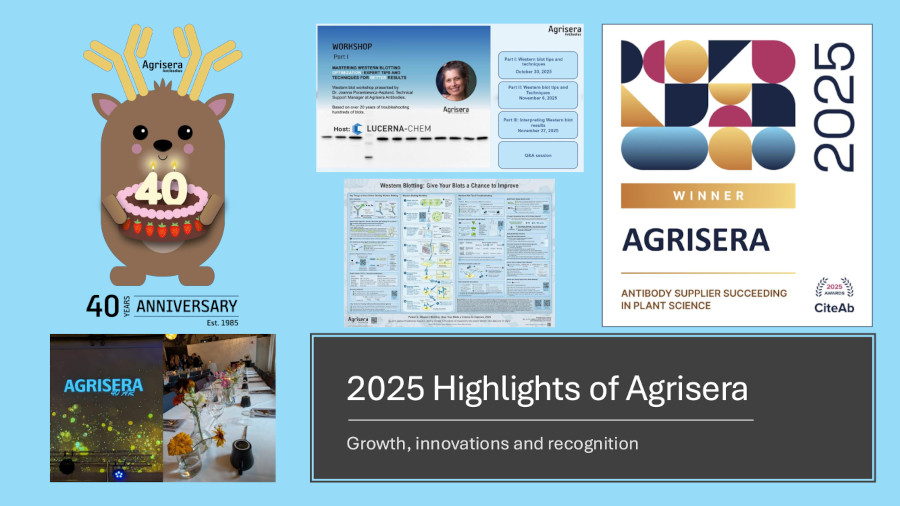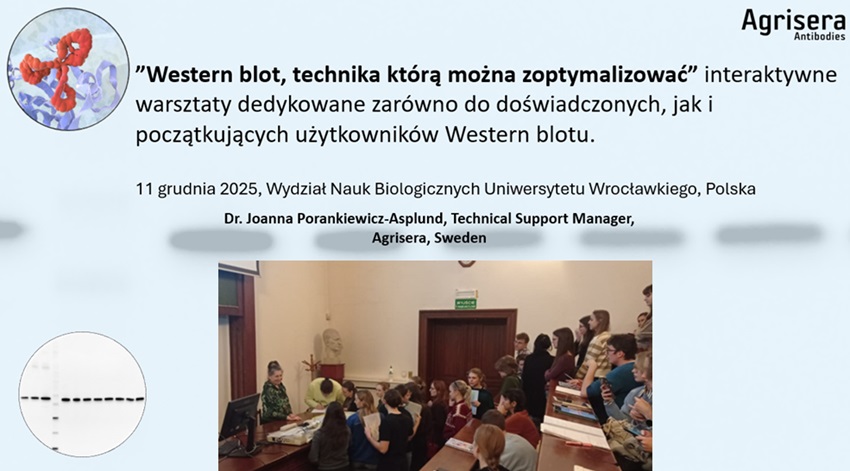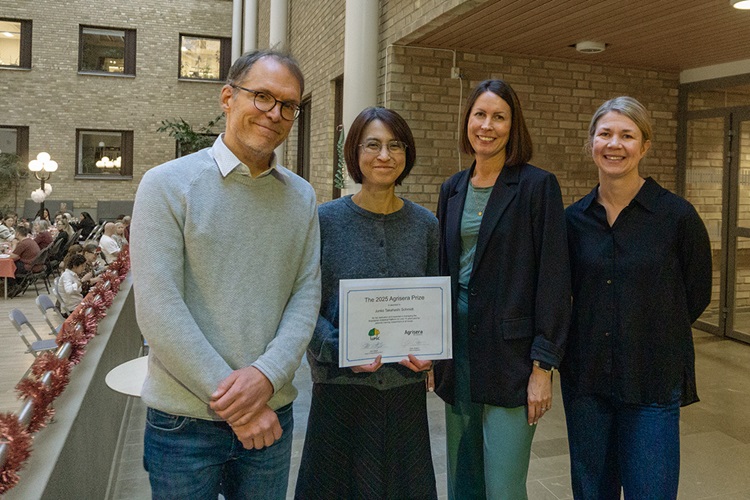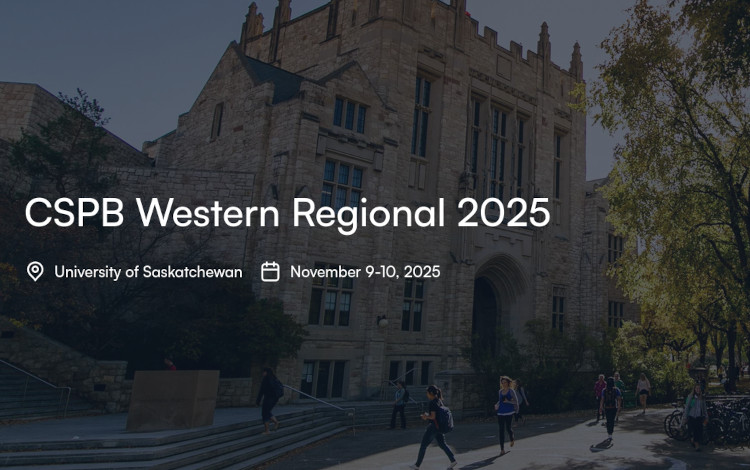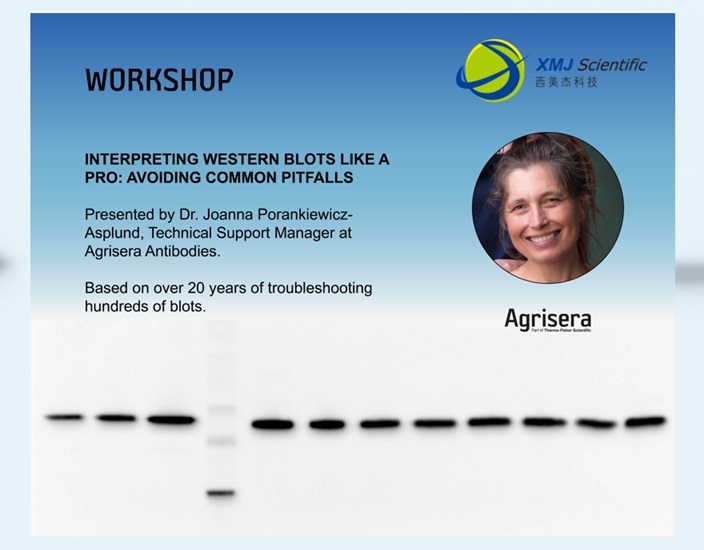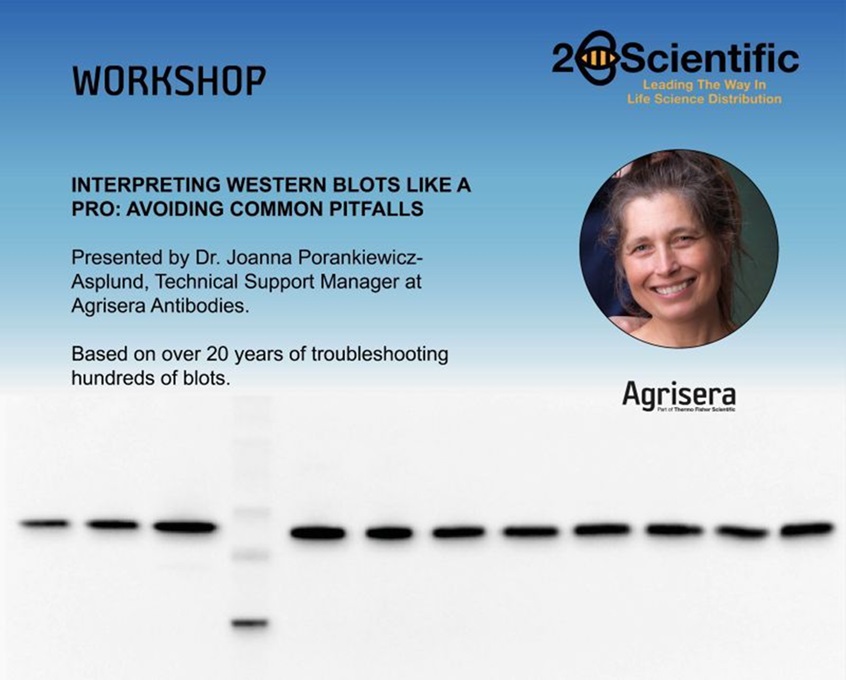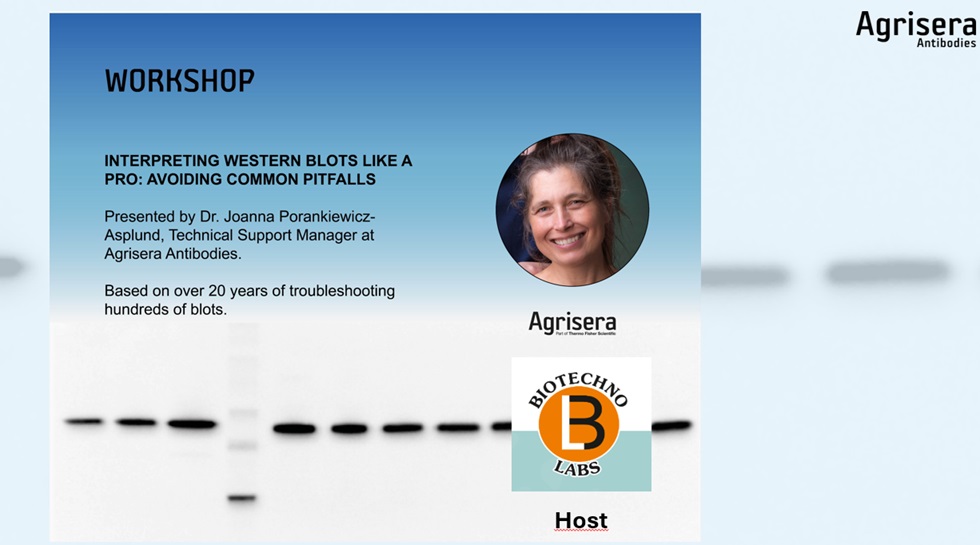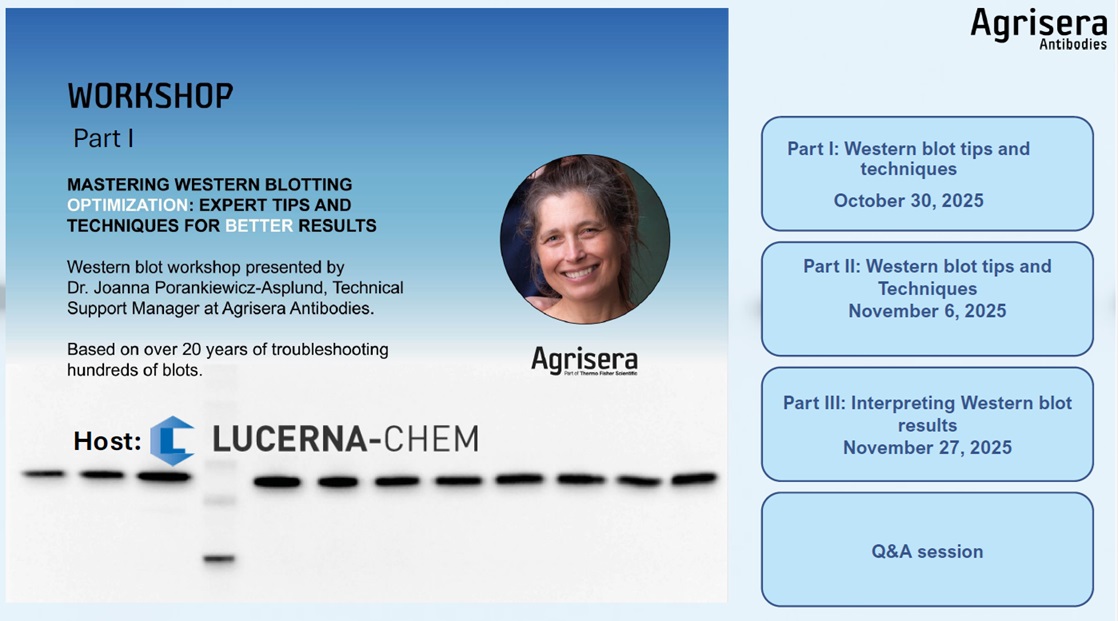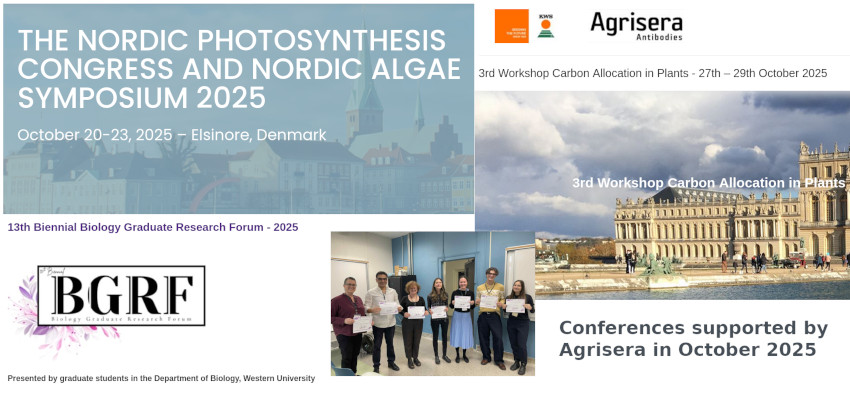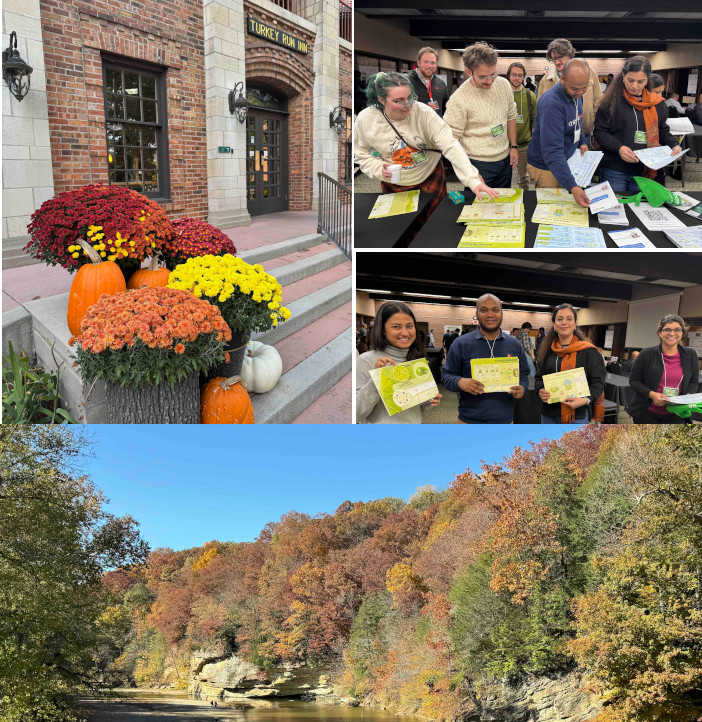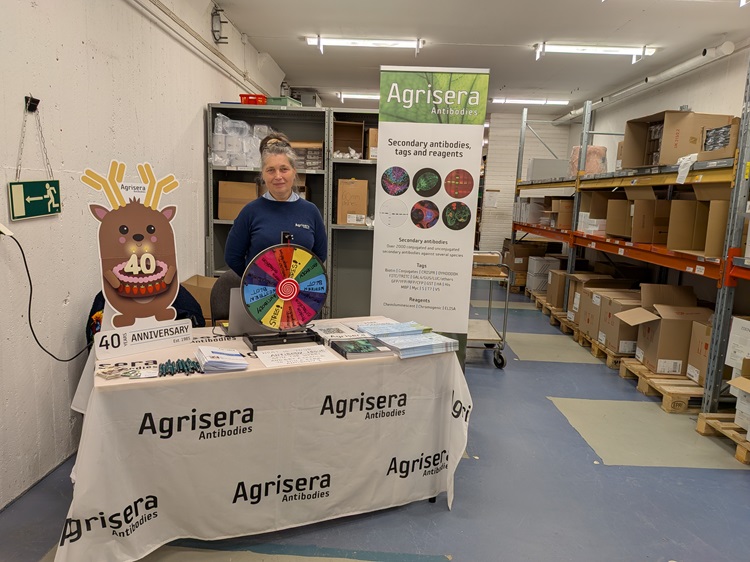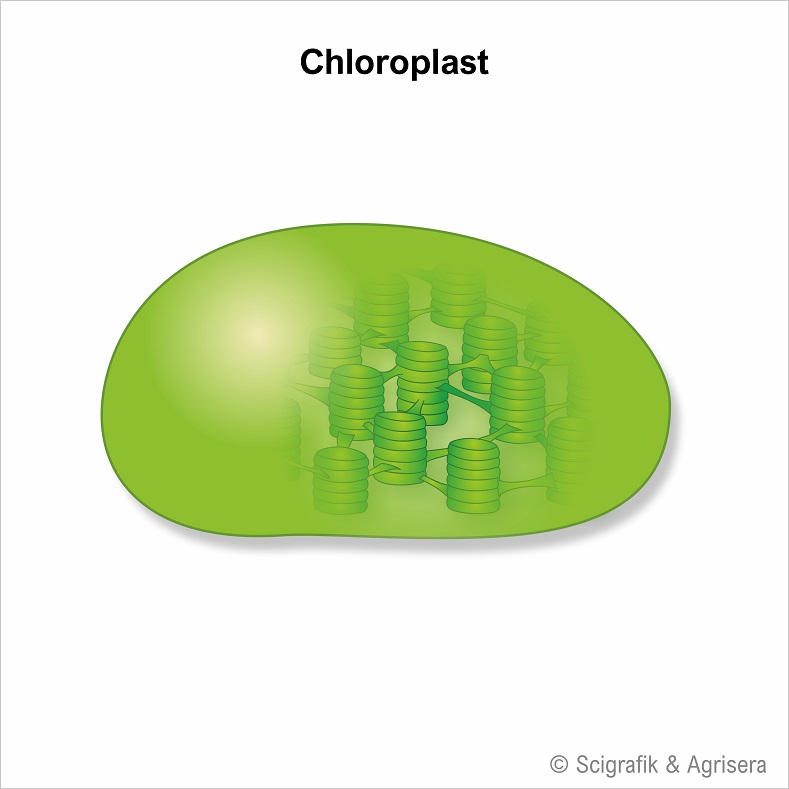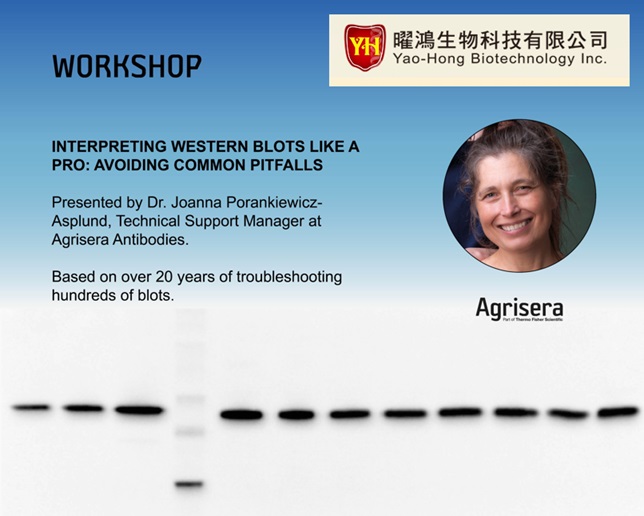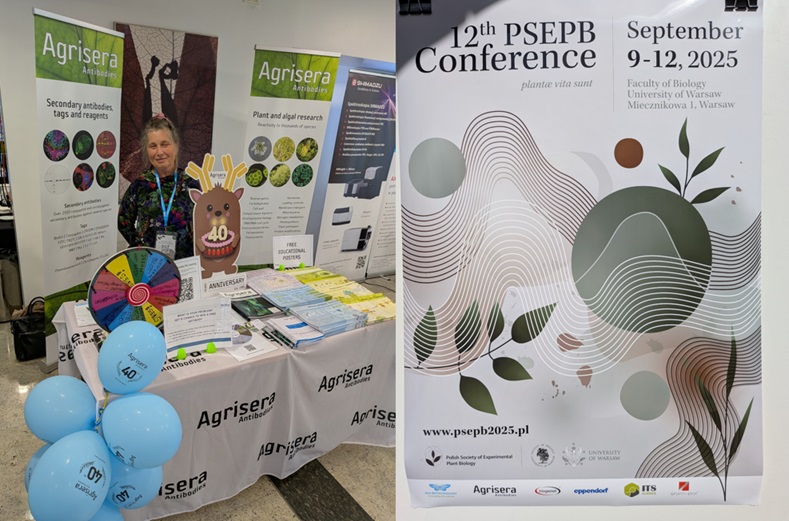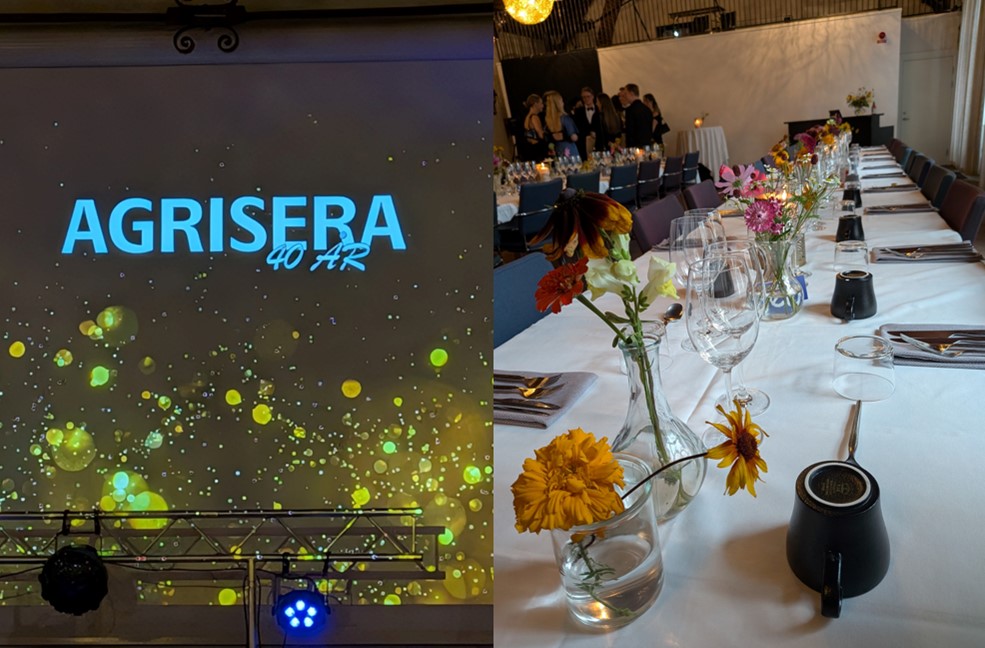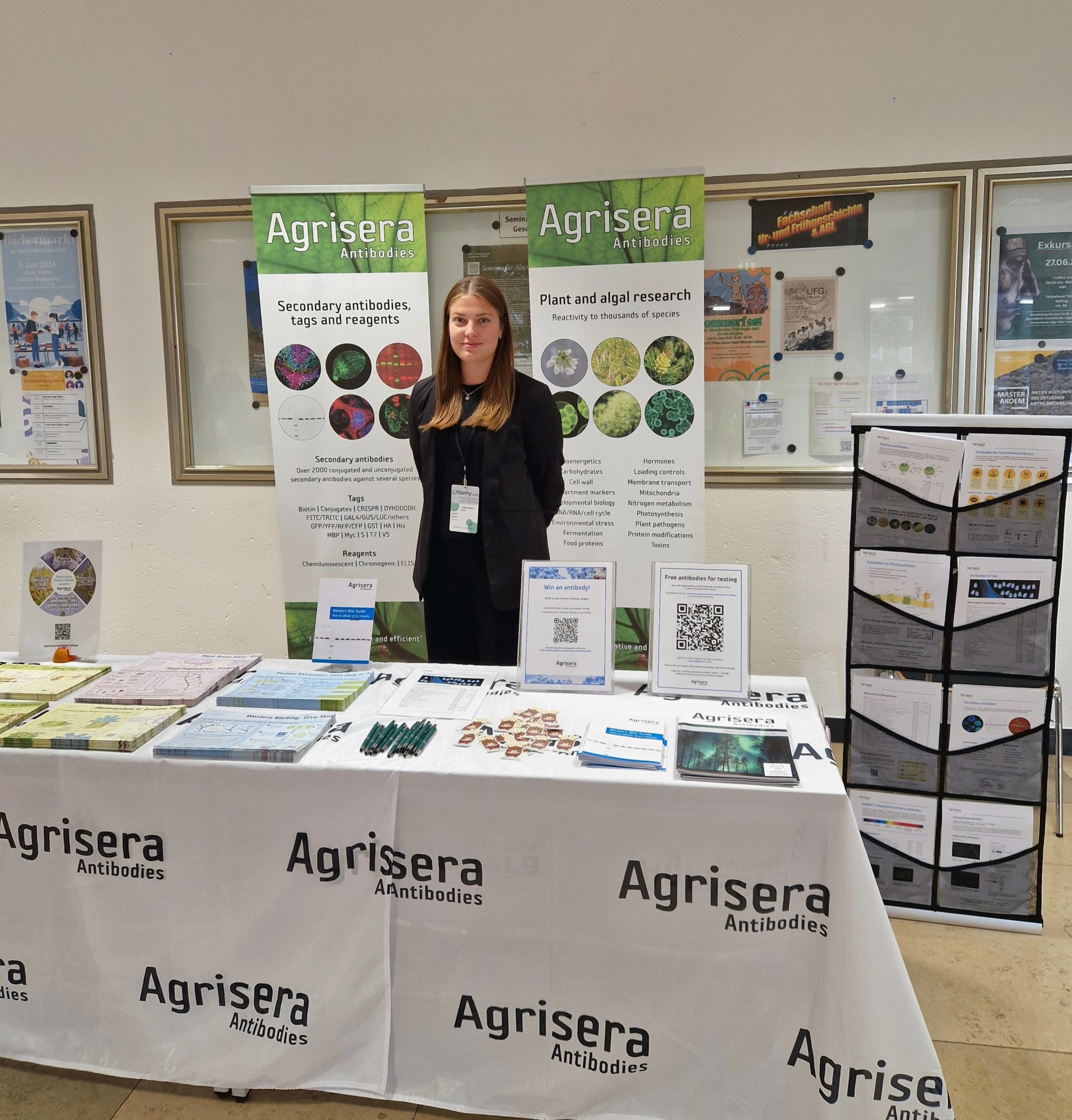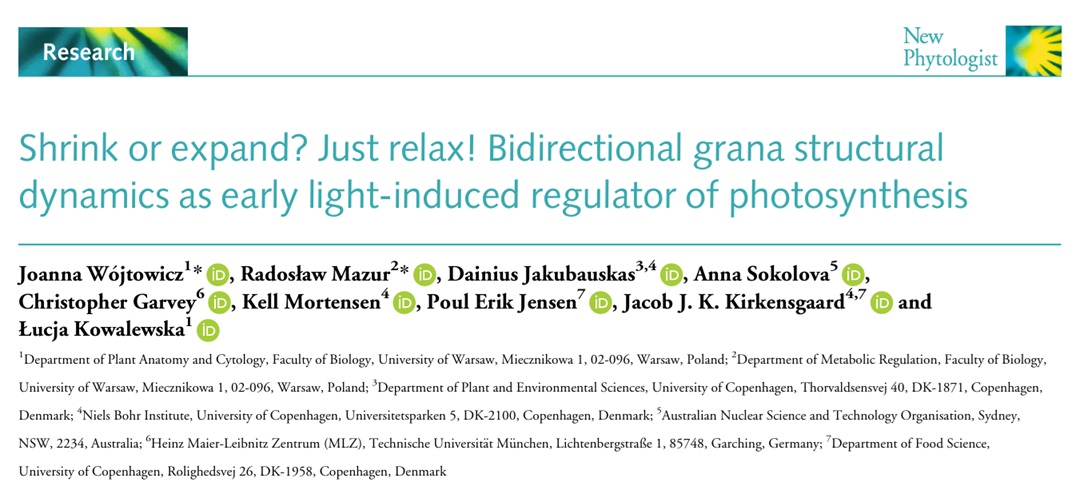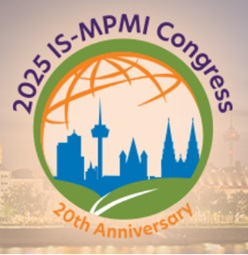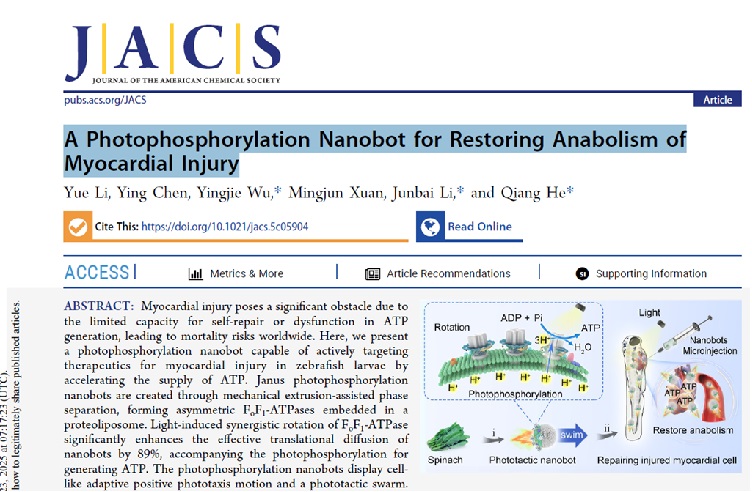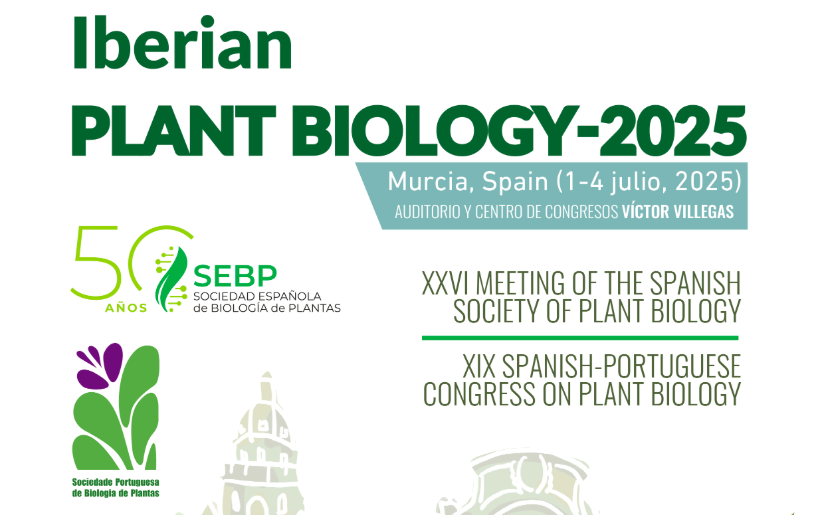Interview with Assoc. Prof. Sara Jover-Gil
Assoc. Prof Sara Jover-Gil
- Please tell us about yourself and your research/institution.
I completed my PhD in Plant Developmental Genetics, studying the roles of AGO1, HEN1, HYL1 and HST in leaf development in Arabidopsis thaliana at the Institute of Bioengineering (IB) of Miguel Hernandez University (UMH). Later, I decided to shift my research focus and model organism to pursue my postdoc at University of California at Berkeley and Lawrence Berkeley National Laboratory, where I did research on the genetic regulation of meiosis on Caenorhabditis elegans. This experience was both personally and professionally very fulfilling and has greatly influenced my current lines of research. In fact, the accumulated knowledge acquired on different topics and experimental model organisms both during my PhD and my postdoc contributed to successfully receive funding for a European International Reintegration Grant application, a Marie Curie action, which allowed me to return to Spain to continue my research career at the IB of UMH and start my teaching career too. I currently work as an Associate Professor at Miguel Hernandez University (UMH) in Spain, where I teach Genetics and conduct research on plant science, using Arabidopsis as a model plant.
My university, UMH, is a young one, since it was founded in 1996, in which approximately 20,000 students are enrolled. UMH is a multicampus university in which the 35 undergraduate degrees, the 51 Master studies and the 16 PhD programmes are distributed among 4 different campus locations, all in the province of Alicante, Spain. The main campus is located in Elche, and the other ones are in Sant Joan d’Alacant, Altea and Orihuela, which respectively include Health Sciences, Fine Arts and Agricultural degrees. UMH also encompasses 8 research institutes, including the IB.
Our research institute, the Institute of Bioengineering of UMH (https://bioingenieria.umh.es/en/), is an interdisciplinary center dedicated to improving life quality and health. It comprises 19 research groups distributed in 10 research units from several fields of knowledge, such as my field, Genetics, among others.
- What motivated you to get into plant science?
I have always thought the world of plant science is fascinating. I love plants and have always felt intrigued by the genetic mechanisms underlying their reproduction and development, since genetics is also my passion. Plants are essential for life, they are the foundation of the global food chain and the primary sources of oxygen, keeping our atmosphere healthy and clean. Therefore, I believe further research is critical to addressing the challenges facing the global population today, such as hunger and the increasing difficulty of sustaining traditional crops amidst climate change.
Model plants are easy to grow, and many tools have been developed to study them and do research. I think we should take advantage of all these tools to keep unveiling the different genes and mechanisms involved in their great capacity for adaptation to different environmental conditions, so that all that knowledge could be transferred to improve cultivated plants.
Furthermore, research conducted on plants involving genes and mechanisms conserved across eukaryotes contributes significantly to our broader understanding of other organisms.
- How have you used (Agrisera) antibodies in your research?
I have used antibodies to detect AGO1 in Western blot, as well as antibodies against cell cycle and meiotic proteins in immunofluorescence assays to start studying meiosis in Arabidopsis.
- Any further comments?
I am deeply grateful to Agrisera for their support to plant scientists through the development of high-quality plant-specific antibodies. I would like to especially thank Joanna; her technical support is exceptionally efficient and professional. She is always very helpful, kind and ready to resolve any technical issues or doubts that may arise. Her great expertise and enthusiasm of Joanna for assisting customers is truly remarkable. Furthermore, their webinars are highly educational and informative.
Finally, I deeply appreciate Agrisera is always to developing antibodies of interest to the plant science community, whereas most companies focus primarily on human or animal models. Their policy of offering free samples of new antibodies for testing across different techniques (such as Western blot and immunofluorescence) and various plant species is extremely convenient. This allows researchers to validate whether an antibody works for their specific species and experimental conditions. By sharing these results with other users, Agrisera helps the community save significant time and resources.
Links
• Assoc. Prof Sara Jover-Gil
• Agrisera Antibodies reactive in Arabidopsis thaliana


